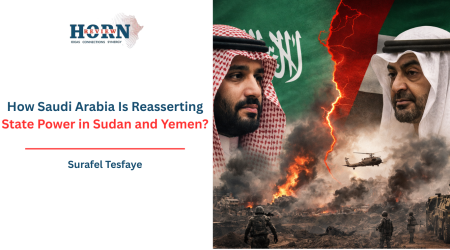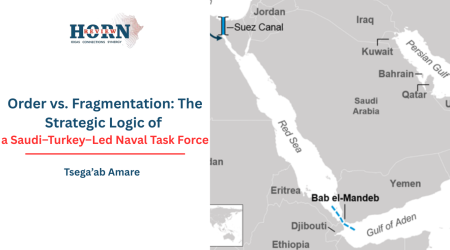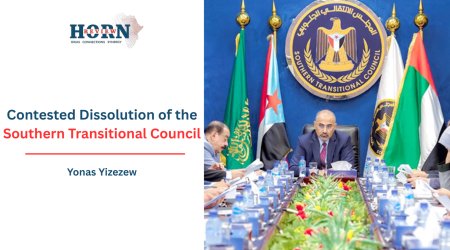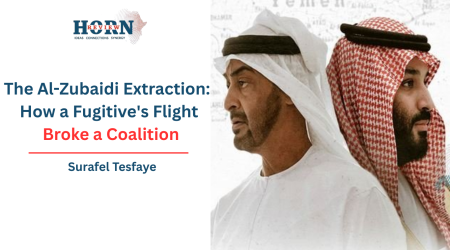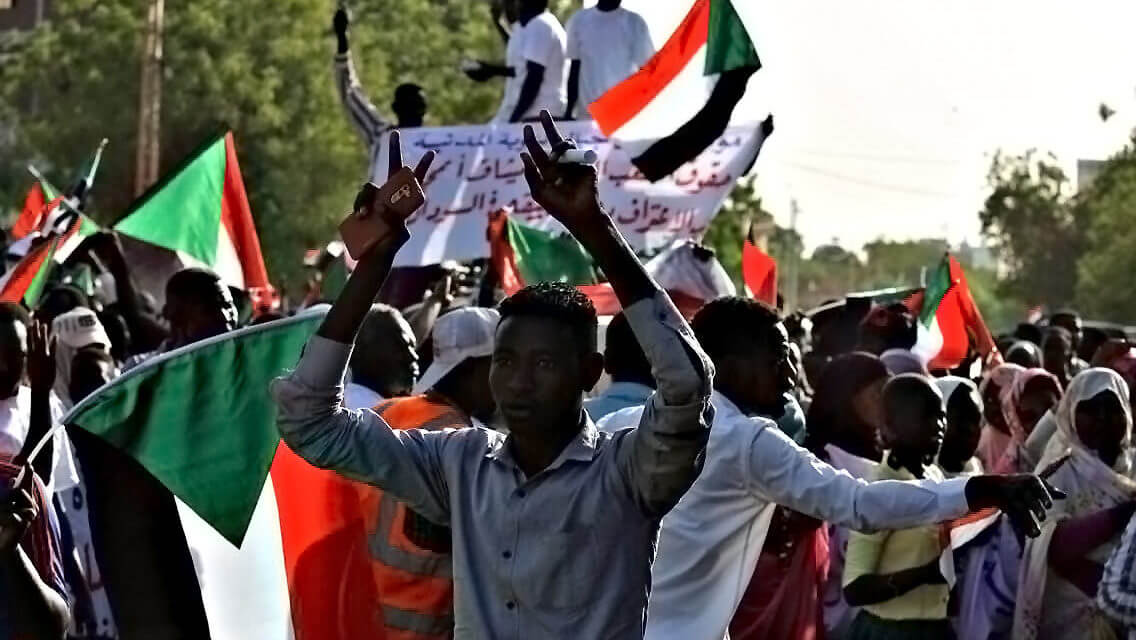
22
Sep
The War In Sudan: Why The Exclusion Of Islamist Groups Is A Strategic Mistake
A new diplomatic initiative offers a hope for Sudan, a nation weary by a devastating civil war. The Quad comprising the United States, Saudi Arabia, the UAE, and Egypt has presented a plan , a humanitarian truce, a permanent ceasefire, and a transition to civilian rule. This proposal arrives not a moment too soon, confronting a catastrophe of staggering proportions tens of thousands dead, millions displaced, and famine stalking the land.
While the Quad’s emphasis on sovereignty and its rejection of military solutions are diplomatically sound, the plan contains a critical, potentially fatal, flaw. Its categorical exclusion of the Muslim Brotherhood and affiliated Islamist groups is a strategic miscalculation. In a predominantly Muslim nation where political Islam has been a defining force for decades, this move risks sabotaging sustainable peace before the process even begins.
To ignore the role of Islamist movements in Sudan is to ignore its modern history. The Muslim Brotherhood’s roots stretch back to the 1940s, with the intellectual firebrand Hassan Al-Turabi shaping the nation’s political consciousness for half a century. This was not a fringe movement but it was the engine behind Omar al-Bashir’s 1989 coup, which established a three decade regime that implemented Sharia law.
Over those 30 years, Islamists did not just govern, they became deeply submerge. Their networks entrenched themselves in government institutions, the economy, and the very fabric of Sudanese society. They learned to thrive under international sanctions, controlling sectors from agriculture to the black market. This is not an influence that can be simply wished away or excluded by fiat.
The Quad’s approach dangerously misreads the political topograpghy. Sudan is over 90% Muslim, and religious identity is a primary lens for political engagement. A peace plan that openly marginalizes major Islamic factions particularly one perceived as dictated by foreign powers is more likely to inflame tensions than calm them.
By shutting the Muslim Brotherhood out of the political arena, the proposal risks pushing its members toward more destructive, extra political opposition tactics. Rather than incentivizing moderation and participation within a democratic chassis, it tells a significant constituency that they have no stake in the new Sudan. This is a recipe for creating a permanent, disenfranchised, and potentially violent opposition, dooming the state to perpetual instability.
The alternative is not to condone the authoritarian practices of the past, but to pursue a more subtle and realistic strategy. A lasting peace must acknowledge political realities while firmly establishing safeguards for human rights and pluralism. This requires Encouraging the participation of mainstream Islamist groups willing to operate within a democratic system, while isolating true extremist elements that reject democratic principles outright. The UN and African Union must stiffen Sudan’s courageous civil society, its women’s groups, youth movements, and professional associations. These groups provide the essential counterweight to both military dominance and ideological extremism.
As the Quad itself stated, Sudan’s future governance is for the Sudanese people to decide. Mediators must facilitate an inclusive dialogue, not impose ideological gauntlet tests rooted in their own geopolitical concerns. The swift rejection of the plan by the Sudanese government for disregarding sovereignty accentuate this delicate balance.
The Quad’s initiative is a welcome and necessary escalation of international engagement. Its call for an immediate humanitarian truce is urgent and morally imperative. However, its current structure substitutes wishful thinking for hard nosed political analysis.
There is no military solution to Sudan’s crisis. But equally, there is no exclusive political solution that can sustainably address the compounded role of Islam in Sudanese public life. The only viable path forward is one that forges a peace inclusive enough to hold. The international community’s choice is clearly to facilitate a messy, complicated, and truly Sudanese owned dialogue, or risk presiding over another well intentioned failure.
By Samiya Mohammed, Researcher, Horn Review

